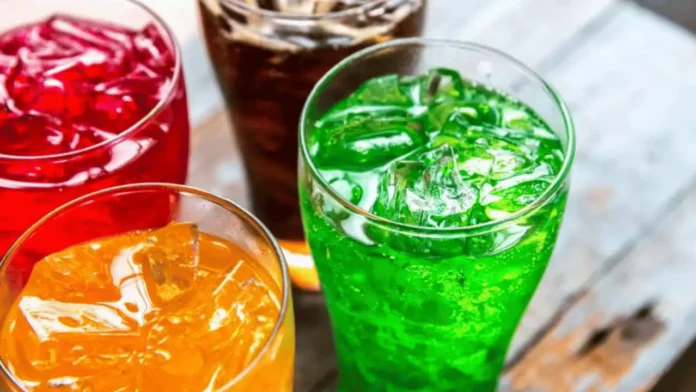On Tuesday, the World Health Organization (WHO) urged nations to raise taxes on alcohol and sugar-sweetened beverages, emphasizing that too few countries were employing taxation as a means to encourage healthier behaviors.
Following an examination of taxation rates, the World Health Organization observed that the average global tax rate on “unhealthy products” was low. They suggested that increasing taxes could lead to healthier populations.
“WHO recommends that excise tax should apply to all sugar-sweetened beverages (SSBs) and alcoholic beverages,” the UN health agency said in a statement.
Excise taxes focus on specific goods and services.
The World Health Organization reported that annually, 2.6 million people succumb to alcohol-related causes, whereas over eight million deaths result from an unhealthy diet.
“Implementing tax on alcohol and SSBs will reduce these deaths,” it said.
It emphasized that such a measure would not only contribute to reducing the consumption of these products but also provide companies with an incentive to produce healthier alternatives.
The World Health Organization noted that while 108 countries levy some form of taxation on sugar-sweetened beverages (SSBs), the average global excise tax only accounts for 6.6 percent of the soda’s price.
The World Health Organization observed that half of those nations also impose taxes on water, a practice not endorsed by the UN agency.
“Taxing unhealthy products creates healthier populations. It has a positive ripple effect across society — less disease and debilitation and revenue for governments to provide public services,” said Rudiger Krech, the WHO’s health promotion director.
“In the case of alcohol, taxes also help prevent violence and road traffic injuries.”
The Geneva-based World Health Organization, on Tuesday, unveiled a manual on alcohol tax policy and administration for its 194 member states.
The statement suggested that implementing minimum pricing, in conjunction with taxation, could effectively mitigate the consumption of inexpensive alcohol, leading to a decrease in alcohol-related hospitalizations, fatalities, traffic infractions, and criminal incidents.
“A significant body of research has demonstrated that people who engage in heavy episodic drinking tend to drink the cheapest available alcoholic beverages,” it said.
National excise taxes on alcoholic beverages are implemented by 148 countries.
“However, wine is exempted from excise taxes in at least 22 countries, most of which are in the European region,” the WHO said.
On a global scale, the organization asserted that, on average, the excise tax accounts for 17.2 percent of the price of the most sold brand of beer, and for the most sold type of spirits, it is 26.5 percent.
“A pressing concern is that alcoholic beverages have, over time, consistently become more affordable,” said WHO assistant director-general Ailan Li.
“But increasing affordability can be curbed using well-designed alcohol tax and pricing policies.”
The handbook pointed out that the beverages industry frequently contends that alcohol taxes disproportionately affect the least affluent. However, it countered this argument by highlighting the “disproportionate harm per litre for alcohol consumers in lower socioeconomic groups.”





